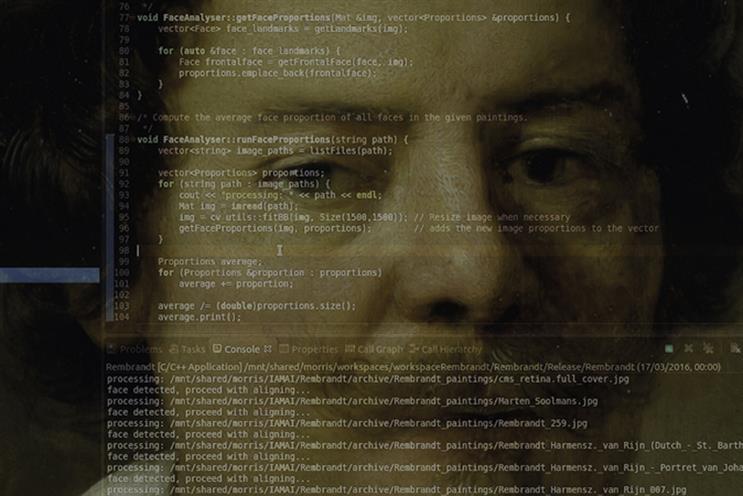Elon Musk describes artificial intelligence (AI) as "more dangerous than a nuke". Psychologist Rob Epstein says we haven’t been building the Internet, but the ‘Internest’. Safe to say, the AI debate is a hot topic at SXSW this year.
Of course, robots are not the threat and AI mainly lives in a little black box somewhere. But still, will it take our jobs? Is AI the next annoyingly hot creative team in town we need to be worried about? Besides – bloody hell – only 12% of creative directors are female. Do we have to fight robots for our jobs now too?
Five mental days in Austin later, and I think we needn’t worry yet. For now, it’s not us versus AI – it’s how we can use it to help us.
For a start, it can help us create more diverse work. Monica Landers and Grace Lin from StoryFit (a tech company that delivers AI insights for the entertainment industry) used AI to analyse the data of over 2,000 films, and over 25,000 roles. They found female characters haven’t changed since the 1940s – they are ‘agreeable’, and ‘unadventurous’ – and still form only 30% of speaking roles.
However, when a female character broke away from that mould, they found it hugely increased the box office takings. If AI can help us identify our subconscious stereotypes, and then prove there’s a business case for smashing them, that can only be a good thing.
Of course, it can also help us simply make time for creativity. The Google Fun House was full of assistant tech – and sure, some was eccentric (I’m not sure we’ll be needing the sock-sorting robot anytime soon). But technology is increasingly making our lives more frictionless.
Amy Webb, in her emerging tech trends talk, described how voice recognition is improving. Soon, it will recognise not only our voice, but our health, our age, our emotional state. It will know the size of the room, the material of the walls, how many people are around you. All to bring more context to our queries, and deliver the results we need more quickly and efficiently.
Amazon is getting incredibly accurate at predicting our online purchasing – it’s only a matter of time before it ships us products before we know we need them. Ultimately giving us the time and headspace to get back to the creative day job (I’m hoping it will at least do my timesheets, if not all my ‘lifemin’).
The one thing it seems it can’t really do yet, is create. In his documentary, More Human than Human, Director Tommy Pallotta and his team attempt to build a robot that can become the filmmaker. From the interviewer, to the director, to the director of photography
After many months of research and development, by some of the finest (human) minds in robotics, the robot interviewed Tommy. And right from the opening question ("What does silence feel?") the results were reassuringly bad. It didn’t pause for Tommy’s answers. If he did answer, the robot couldn’t take in the answer and use it to form his next question. There was no flow. And without the empathy, compassion and understanding of a human, the interview felt more like an interrogation.
I think that’s the crux of the matter. Can AI create a film? Yes. Is it a good film we want to watch? Absolutely not. It simply cannot judge what is good and what is not.
And as I watched a virtual reality (VR) film featuring Chris O’Dowd floating around in a hot-air balloon shaped like a giant testicle, in the name of Testicular Cancer Awareness, I realised – some of the best creative ideas are just so wrong, they’re right. How will we ever teach a machine that?
I think our jobs are safe for a while yet. In fact, if we use AI in the right way, I think we can be better at them. Besides, as one guy put it in the taco queue – we’re not going to trust AI with great responsibility until we can sue it. When you put it like that, bring on the robots.
Imogen Tazzyman is a creative director at Karmarama, part of Accenture Interactive


